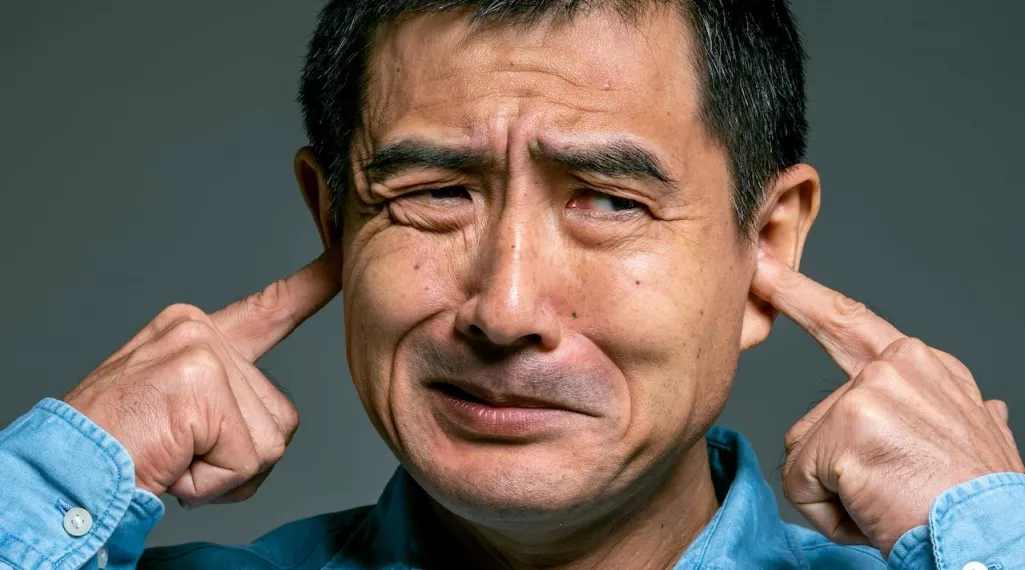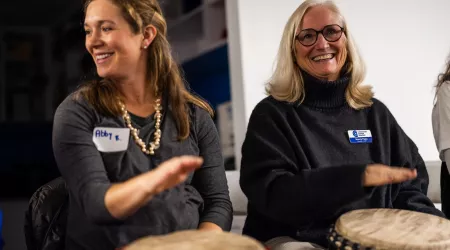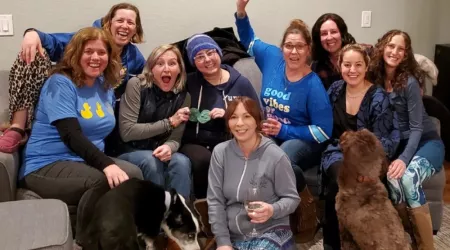
10 things not to say to cancer patients

Contributed by Allison Rosen
When speaking with a cancer patient about their diagnosis, oftentimes people aren’t sure what to say. People generally have the best intentions, but words can land the wrong way. Certain phrases may seem insensitive or careless.
The fact is, words matter, but people may have trouble communicating appropriately. As a colorectal cancer survivor, I’ve experienced my fair share of this, and I want to help.
Below is my list of the top 10 things not to say to a cancer patient. Each includes a good alternative. This list is by no means comprehensive and not everyone will agree with every suggestion, and that’s OK!
My goal is to help people recognize the importance of their word choice and how that choice might make a cancer patient feel.
Don’t say: Nothing
Say this: I can’t begin to understand, and I don’t know what to say, but I am here for you.
Don’t say: How long do you have to live?
Say this: If you ever feel like talking, I am here to listen.
Don’t say: How can I help?
Say this: What day can I come over? I am bringing you this _____. (Don’t ask, just do it.)
Don’t say: I have heard that “X” cures cancer.
Say this: What are you and your doctor thinking of doing? Can I drive you to your appointment or sit with you during chemo?
Don’t say: You don’t look sick or like a cancer patient.
Say this: I’m sorry you have to go through this.
Don’t say: Be happy you got the good cancer.
Say this: I want you to know that I love you and I am here for you every step of the way, both the good and bad moments.
Don’t say: You are strong, you are brave.
Say this: I am sorry this happened to you, but I am here to help you be strong.
Don’t say: Everything happens for a reason.
Say this: I wanted to let you know that I care.
Don’t say: I’m sure you will be fine.
Say this: How are you really doing? I am here to listen.
Don’t say: Congratulations, you are through treatment, and now your life can go back to normal.
Say this: I’m sorry you had to go through this. What happens now?
Allison Rosen is a passionate advocate who uses social media to help educate others. You can follow her on Twitter, Facebook, Instagram, and TikTok.
Top resources

Cousins to Rev Down Route 66 for a Reason
In a remarkable blend of adventure and advocacy, cousins John, Mitch, and Mike are gearing up for a cross-country charity journey along Route 66. Their mission? To raise awareness and support for two important causes: cystic fibrosis and colorectal cancer.

Volunteer spotlight: Nancy Pope
Get to know Colorectal Cancer Alliance volunteer Nancy Pope and consider being a service to the community yourself.

Volunteer spotlight: Jill Loftus
In this Q&A, get to know Jill Loftus, a passionate and dedicated Colorectal Cancer Alliance volunteer from Denver.





